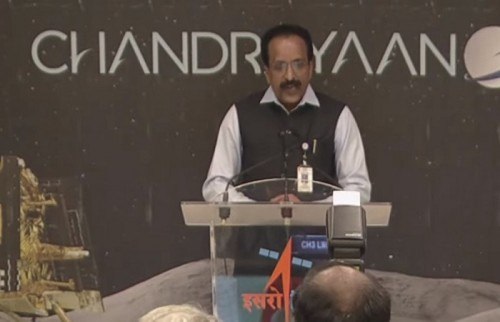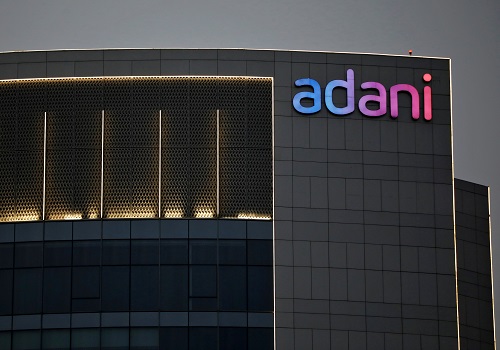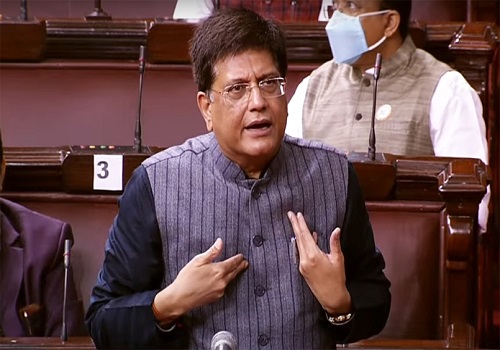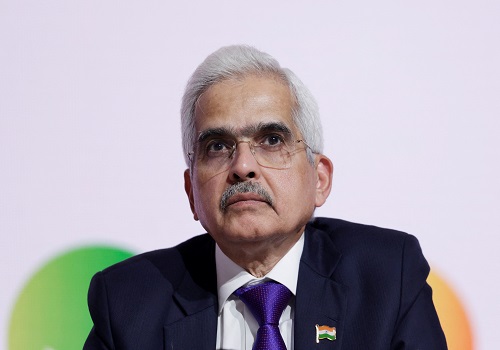Prolonged high temperatures credit negative for India, could worsen inflation pressures: Moody's

Follow us Now on Telegram ! Get daily 10 - 12 important updates on Business, Finance and Investment. Join our Telegram Channel
Moody's Investors Service has said that the prolonged high temperatures, which are affecting much of the northwest of the country, will curb wheat production and could lead to extended power outages, exacerbating already high inflation and hurting growth, are credit negative for India. It noted that over the longer term, India's highly negative credit exposure to physical climate risks means its economic growth will likely become more volatile as it faces increasing, and more extreme incidences of climate-related shocks.
The report said the Indian government has revised its estimates for wheat production by 5.4 percent to 105 million tonnes for the crop year ending June 2022, given lower yields amid higher temperatures. The lower production, and fears that a surge in exports to capitalize on high global wheat prices would add to inflationary pressures domestically, have prompted the government to ban the export of wheat and to divert it toward local consumption instead. Although the move will partially offset inflationary pressures, it will hurt exports and subsequently growth. The ban comes at a time when India - the world's second-largest wheat producer - could have been capitalizing on the global output gap from wheat following the Russia-Ukraine military conflict.
The agency further said India's export partners will likely face a further surge in wheat prices because of the ban. They include Bangladesh, which absorbed 56.8 percent of India's wheat exports in fiscal 2021, Sri Lanka (8.3 percent), UAE (6.5 percent), and Indonesia (5.4 percent). It also said that further drawdowns in coal inventory could lead to prolonged power outages in industrial and agricultural production, leading to significant cuts to output and weighing further on India's economic growth - particularly if the heatwaves continue beyond June.










Tag News

Monthly Debt Market Update, September 2023: CareEdge Ratings





 320-x-100_uti_gold.jpg" alt="Advertisement">
320-x-100_uti_gold.jpg" alt="Advertisement">








